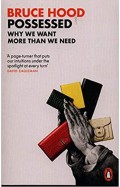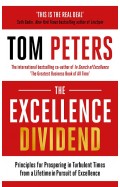- Home
- Books
- Categories
- Non Fiction
- Business & Management
- The Winner Effect: The Science of Success and How to Use It
The Winner Effect: The Science of Success and How to Use It
By: Ian Robertson
-
Rs 2,965.50
- Rs 3,295.00
- 10%
You save Rs 329.50.
Due to constant currency fluctuation, prices are subject to change with or without notice.
Why do some succeed both in life and in business, and others fail?
The 'winner effect' is a term used in biology to describe how an animal that has won a few fights against weak opponents is much more likely to win later bouts against stronger contenders. As Ian Robertson reveals, it applies to humans, too. Success changes the chemistry of the brain, making you more focused, smarter, more confident and more aggressive. And the more you win, the more you will go on to win. But the downside is that winning can become physically addictive.
By understanding what the mental and physical changes are that take place in the brain of a 'winner', how they happen, and why they affect some people more than others, Robertson explains what makes a winner or a loser - and how we can use the answers to these questions to understand better the behaviour of our business colleagues, employees, family and friends.
Why do some succeed both in life and in business, and others fail?
The 'winner effect' is a term used in biology to describe how an animal that has won a few fights against weak opponents is much more likely to win later bouts against stronger contenders. As Ian Robertson reveals, it applies to humans, too. Success changes the chemistry of the brain, making you more focused, smarter, more confident and more aggressive. And the more you win, the more you will go on to win. But the downside is that winning can become physically addictive.
By understanding what the mental and physical changes are that take place in the brain of a 'winner', how they happen, and why they affect some people more than others, Robertson explains what makes a winner or a loser - and how we can use the answers to these questions to understand better the behaviour of our business colleagues, employees, family and friends.
How Confidence Works - The new science of self-belief
By: Ian Robertson
Rs 3,415.50 Rs 3,795.00 Ex Tax :Rs 3,415.50
The Winner Effect: The Science of Success and How to Use It
By: Ian Robertson
Rs 2,965.50 Rs 3,295.00 Ex Tax :Rs 2,965.50
Zubin Mehta: A Musical Journey (An Authorized Biography)
By: VOID - Bakhtiar K. Dadabhoy
Rs 892.50 Rs 1,050.00 Ex Tax :Rs 892.50
Balance Your Life and Work - How to Get the Best from Your Job and Still Have a Life
By: Bloomsbury
Rs 1,610.75 Rs 1,895.00 Ex Tax :Rs 1,610.75
The Art of Clear Thinking: A Fighter Pilot’s Guide to Making Tough Decisions
By: Hasard Lee
Rs 3,865.50 Rs 4,295.00 Ex Tax :Rs 3,865.50
Deterring Armageddon: A Biography of NATO: The History and Future of NATO
By: Peter Apps
Rs 3,595.50 Rs 3,995.00 Ex Tax :Rs 3,595.50
The Wires of War - Technology and the Global Struggle for Power
By: Jacob Helberg
Rs 3,735.75 Rs 4,395.00 Ex Tax :Rs 3,735.75
The Black Swan The Impact Of The Highly Improbable
By: Nassim Nicholas Taleb
Rs 2,965.50 Rs 3,295.00 Ex Tax :Rs 2,965.50
Inside Apple How Americas Mo Admired And Secretive Company Really Works
By: Adam Lashinsky
Rs 1,147.50 Rs 1,350.00 Ex Tax :Rs 1,147.50
Buyology How Everything We Believe About Why We Buy Is Wrong
By: Martin Lindstrom
Rs 2,695.50 Rs 2,995.00 Ex Tax :Rs 2,695.50
The 3rd Alternative Solving Life s Most Difficult Problems
By: Stephen Covey
Rs 675.75 Rs 795.00 Ex Tax :Rs 675.75
Building Social Business The New Kind Of Capitalism That Serves Humanitys Most Pressing Needs
By: Muhammad Yunus
Rs 400.00 Ex Tax :Rs 400.00
Balance Your Life and Work - How to Get the Best from Your Job and Still Have a Life
By: Bloomsbury
Rs 1,610.75 Rs 1,895.00 Ex Tax :Rs 1,610.75
The Art of Clear Thinking: A Fighter Pilot’s Guide to Making Tough Decisions
By: Hasard Lee
Rs 3,865.50 Rs 4,295.00 Ex Tax :Rs 3,865.50
Deterring Armageddon: A Biography of NATO: The History and Future of NATO
By: Peter Apps
Rs 3,595.50 Rs 3,995.00 Ex Tax :Rs 3,595.50
The Wires of War - Technology and the Global Struggle for Power
By: Jacob Helberg
Rs 3,735.75 Rs 4,395.00 Ex Tax :Rs 3,735.75
Learn To Draw Angry Birds Space: Learn To Draw All Your Favorite Angry Birds And Those Bad Piggies-in Space! (licensed Learn To Draw)
By: N/A
Rs 247.50 Rs 495.00 Ex Tax :Rs 247.50
The Interpretation of Dreams Concise Edition
By: Sigmund Freud
Rs 2,545.75 Rs 2,995.00 Ex Tax :Rs 2,545.75
Brain Boosters: Super-Smart Memory Puzzles - Paperback
By: Lisa Regan
Rs 590.75 Rs 695.00 Ex Tax :Rs 590.75
Legacy of War: The action-packed new book in the Courtney
By: Wilbur Smith
Rs 1,780.75 Rs 2,095.00 Ex Tax :Rs 1,780.75
Power Habits - A Motivational Journal to Track Small Changes That Create Big Wins
By: Jon Moore
Rs 4,855.50 Rs 5,395.00 Ex Tax :Rs 4,855.50
Possessed: Why We Want More Than We Need - Paperback
By: Bruce Hood
Rs 2,120.75 Rs 2,495.00 Ex Tax :Rs 2,120.75
The Excellence Dividend: Principles for Prospering in Turbulent Times from a Lifetime in Pursuit of Excellence
By: Tom Peters
Rs 2,696.25 Rs 3,595.00 Ex Tax :Rs 2,696.25
The Investment Trusts Handbook 2025: Investing essentials, expert insights and powerful trends and data
By: Jonathan Davis
Rs 8,095.50 Rs 8,995.00 Ex Tax :Rs 8,095.50
Zubin Mehta: A Musical Journey (An Authorized Biography)
By: VOID - Bakhtiar K. Dadabhoy
Rs 892.50 Rs 1,050.00 Ex Tax :Rs 892.50
How Confidence Works - The new science of self-belief
By: Ian Robertson
Rs 3,415.50 Rs 3,795.00 Ex Tax :Rs 3,415.50
The Winner Effect: The Science of Success and How to Use It
By: Ian Robertson
Rs 2,965.50 Rs 3,295.00 Ex Tax :Rs 2,965.50
Balance Your Life and Work - How to Get the Best from Your Job and Still Have a Life
By: Bloomsbury
Rs 1,610.75 Rs 1,895.00 Ex Tax :Rs 1,610.75
The Art of Clear Thinking: A Fighter Pilot’s Guide to Making Tough Decisions
By: Hasard Lee
Rs 3,865.50 Rs 4,295.00 Ex Tax :Rs 3,865.50
Deterring Armageddon: A Biography of NATO: The History and Future of NATO
By: Peter Apps
Rs 3,595.50 Rs 3,995.00 Ex Tax :Rs 3,595.50
The Wires of War - Technology and the Global Struggle for Power
By: Jacob Helberg
Rs 3,735.75 Rs 4,395.00 Ex Tax :Rs 3,735.75












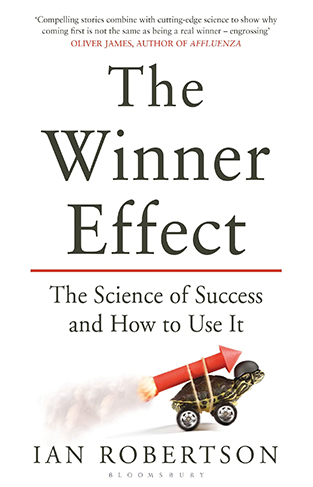
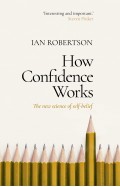
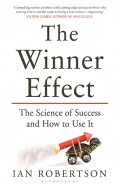
-120x187.jpg?q6)





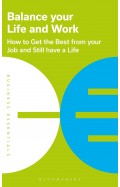





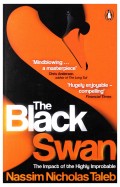

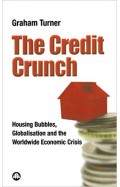
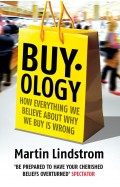
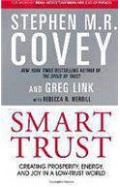
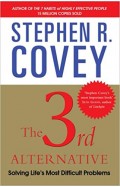

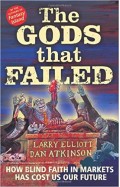
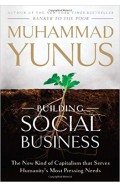
-120x187.jpg?q6)







